Serious mistakes when using MSG can make you sick
MSG is a spice used by many people every day. However, when using MSG in cooking, you need to pay attention to some things to avoid affecting your health.
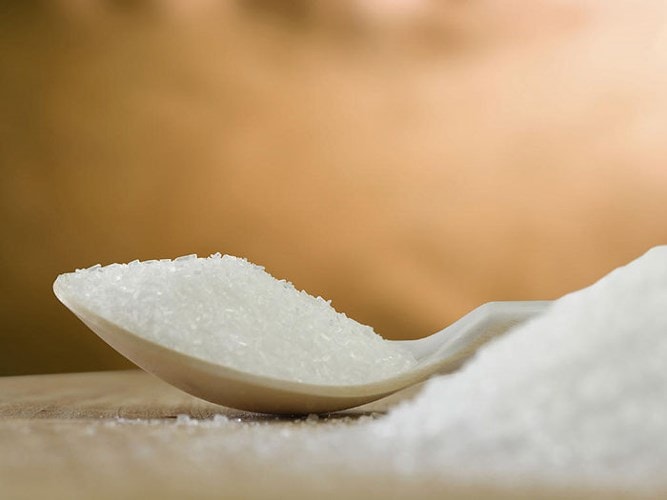 |
| Adding MSG to sweet dishes: At the right concentration of sodium ions (in salt), the flavor of MSG can be more prominent, thereby making salty dishes more delicious and attractive. However, for sweet dishes, adding MSG will inhibit the natural sweetness of the food, creating an unpleasant smell. Therefore, MSG should not be added to sweet dishes such as chicken corn soup, dried taro, etc. |
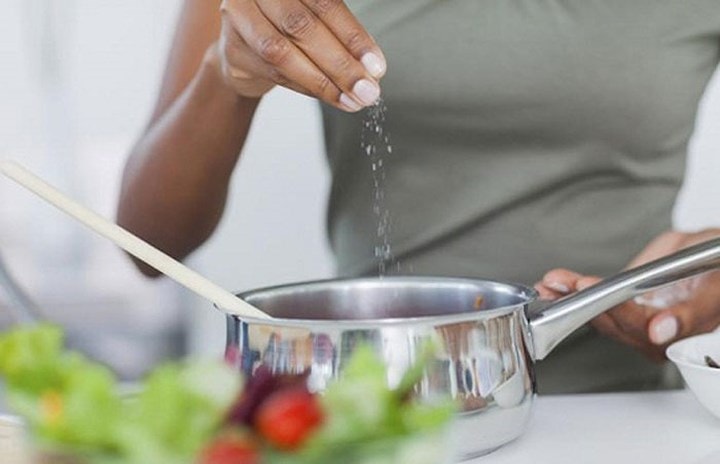 |
| Add MSG to sour dishes: Many housewives have the habit of adding MSG to salads, sweet and sour salads, etc. without knowing that sour dishes that use vinegar or lemon cannot add MSG. However, because MSG is difficult to dissolve in an acidic environment, adding MSG to sour dishes makes the dish less delicious and even unhealthy. |
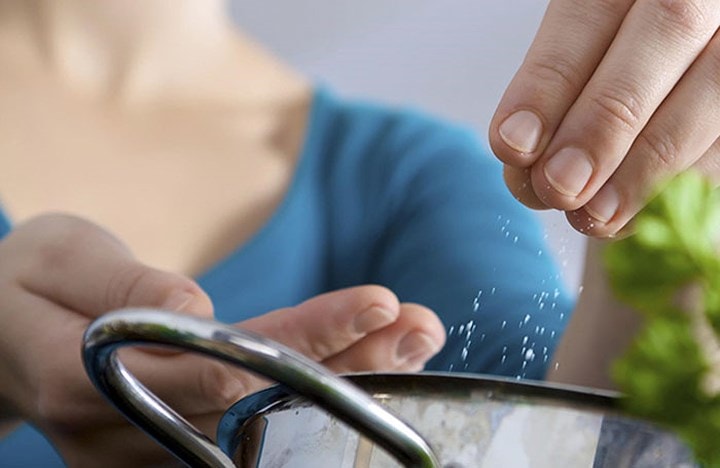 |
| Adding MSG to food at too high a temperature: MSG dissolves at 70 - 90 degrees Celsius. Adding MSG to food that is boiling at over 100 degrees Celsius not only loses its flavor but also forms sodium and pyroglutamate that are toxic to human health. In addition to not stirring or mixing MSG in high-temperature dishes, to ensure safety, you should season the MSG to the dish and then turn off the heat. |
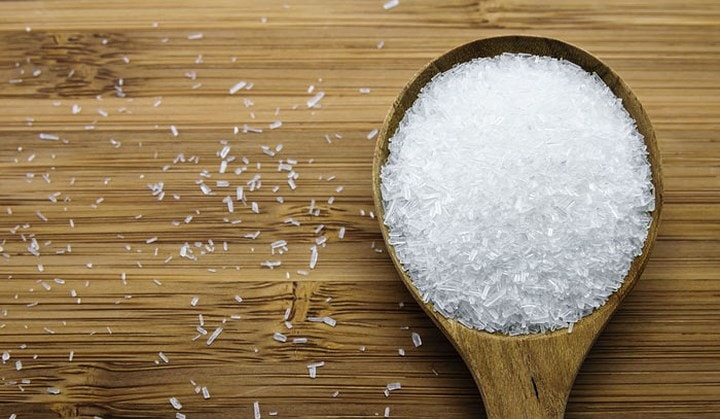 |
| Add MSG to cold, cold food: Similar to high temperatures, when adding MSG to cold, cold food, it is difficult to dissolve or even stick directly to the surface of the food, making the dish less delicious. If you are forced to add MSG to a cold dish, you can dissolve the MSG in a small amount of hot water, then mix it into the food. |
 |
| Add MSG to pork dishes: Meat already contains glutamic acid, when combined with salt, exposed to high temperatures will naturally produce the main components of MSG. Therefore, there is no need to add MSG to pork dishes. In addition to meat, other foods do not need MSG, such as eggs, mushrooms, seafood, rice products, etc. |
 |
| Besides, some people should not use MSG: Allergy: For people with a history of allergies, eating too much MSG will cause headaches, dizziness and possibly rashes. |
 |
| Elderly people have reduced taste function: If you rely on MSG to trick your taste buds, when the amount of MSG used increases, the amount of salt taken into the body will also increase, which will affect kidney function, causing difficulty urinating, edema, kidney failure... |
 |
| Children: Although there has been no specific research on the effects of MSG on the body of young children. However, nutritionists also recommend that the taste buds of children under 2 years old are forming, so parents need to be very careful in the seasoning process. Using MSG improperly when the child's immune system is weak, the body is immature, and not fully developed will be very harmful to the child's brain. Moreover, MSG contains excitotoxins, which are substances that cause brain damage and damage to the central nervous system. |
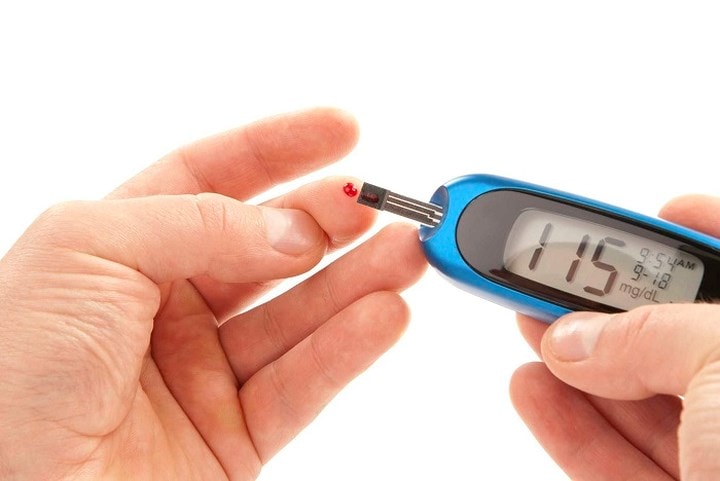 |
| People with diabetes: People with a history of diabetes who eat a lot of MSG will increase their blood sugar levels, making them more susceptible to diabetes. It is also the culprit in increasing three incurable diseases at the same time: insulin resistance, overweight and metabolic disease. |
 |
| Asthmatic, Sensitive People: A study by Johns Hopkins University found that MSG can trigger asthma in some individuals. Other studies have also confirmed that MSG can cause damage to brain cells and the central nervous system. |





